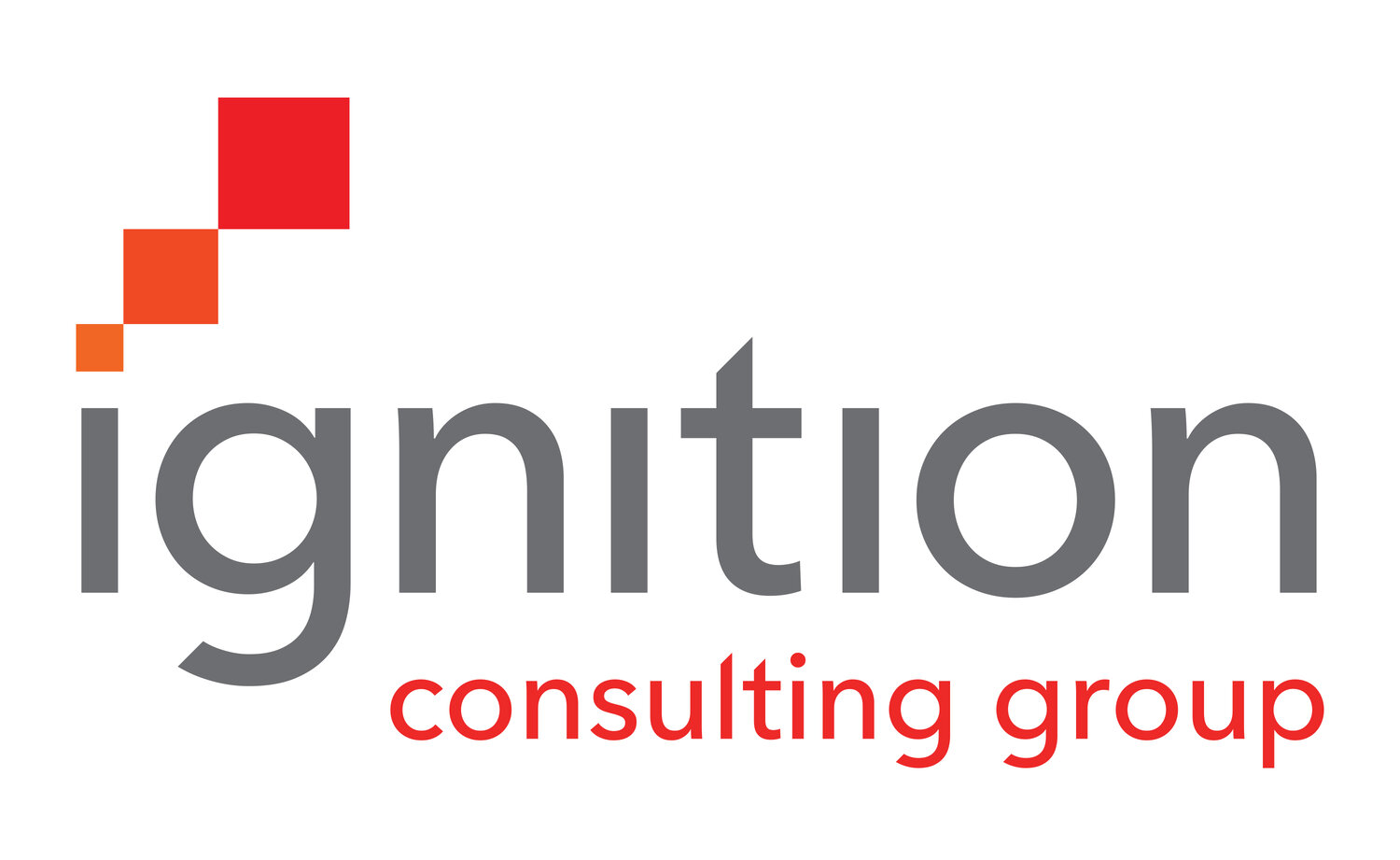The Unintended Consequences of the Billable Hour
By Tim Williams
You can read the following comments from real people in real agencies and draw your own conclusions about the tyranny of billable time.
“Agency management gives mixed messages about what the agency values. We promise projects to clients with the lowest possible amount of hours, then are told to manage written-off time. The idea is that we can squeeze efficiencies out of the creative process, which can’t be done. So we have to decide where to go the extra step to make the project great, then listen to complaints about write-offs, or we have to decide to come in at the budget level, and not put extra effort into producing great work for the client.”
“The competition for client budgets within our own agency hurts our collaboration. There is no incentive for me to bring in other team members to work on a project, because they take budgeted hours away from my department, making us less ‘profitable.’ So while there is a greater agency profitability from collaborating and doing better quality work, it is undermined by departmental ‘profitability.'"
“I am basically penalized every time I contribute to an agency-related project such as our blog, recruiting new people, looking for new business prospects, or developing myself professionally. Because if I do any of those things, my “billable hours” drop, as defined by the agency. This is a mark against my productivity.”
“People in salaried positions (which is most of us) often feel like we are treated as hourly workers with the ‘billable hour’ mentality.”
“Project estimates based on hours essentially plot one department against another for billable work.”
“Because everyone is so concerned with being billable, new employees aren’t getting trained.”
“The focus on write-offs is driving creative talent away from the agency. If I could write a piece faster, I would, because I have other work to move on to. Sometimes I work really fast and get it right on the first draft. Sometimes I work really slow because I can’t find the right opening paragraph. Sometimes I’m going back to make something that’s a little weak stronger. You can make more money off the best work I produce than you can the quick work I produce. Because no client we have can duplicate my best work. They can all duplicate my quick work.”
“The hyper attitudes of management about “writing off time” means there’s no appetite for us to collaborate, experiment, or explore new ideas. Our incentive isn’t to innovate, it’s to manage our time to the estimate.”
While I’ve paraphrased and edited a few of these comments (to protect the identities of the creators), they represent what Ignition hears consistently in the many internal surveys we do with marketing communication firms across the globe.
Besides being an ineffective way for agencies to capture the tremendous value they create for their clients, the billable time system actually inhibits agencies from internal collaboration, professional development, and innovation. It creates a system where efficiency reigns at the expense of effectiveness. And if marketing isn’t effective, nothing else matters.


